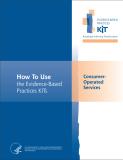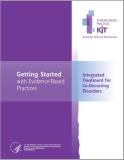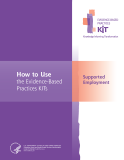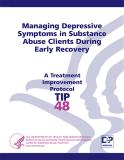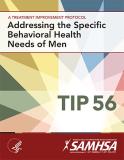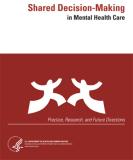
This report gives an overview of shared decision-making (SDM), an intervention that enables people to actively manage their own health. It examines research on the effects of SDM in general and mental health care, and includes recommendations for advancing SDM in practice.
Units per Product
Download
Shared Decision-Making in Mental Health Care
File Type: PDF
File Size: 830 KB


